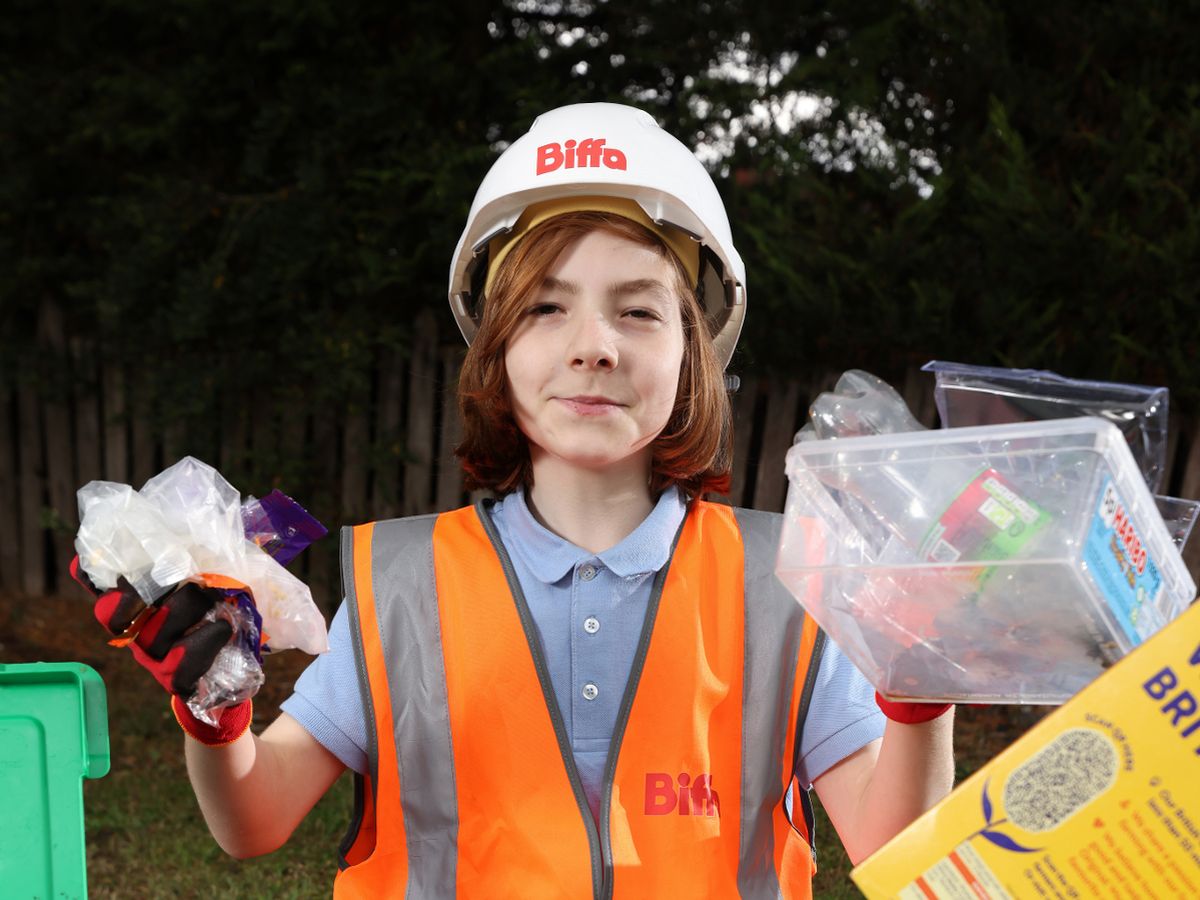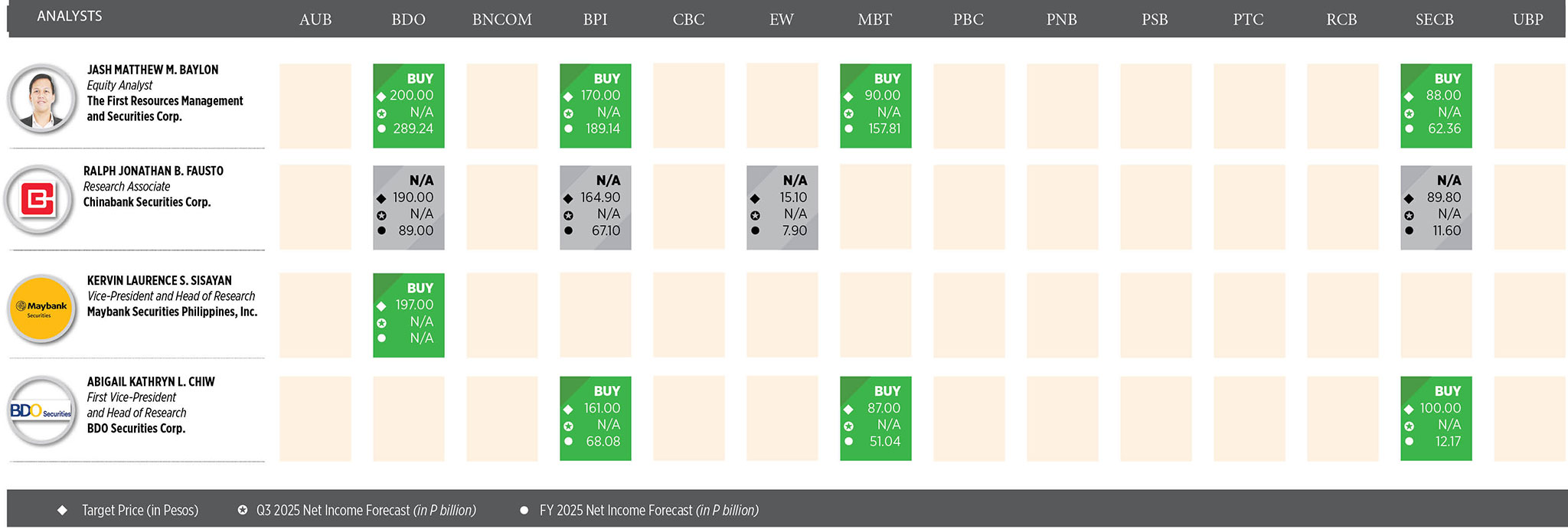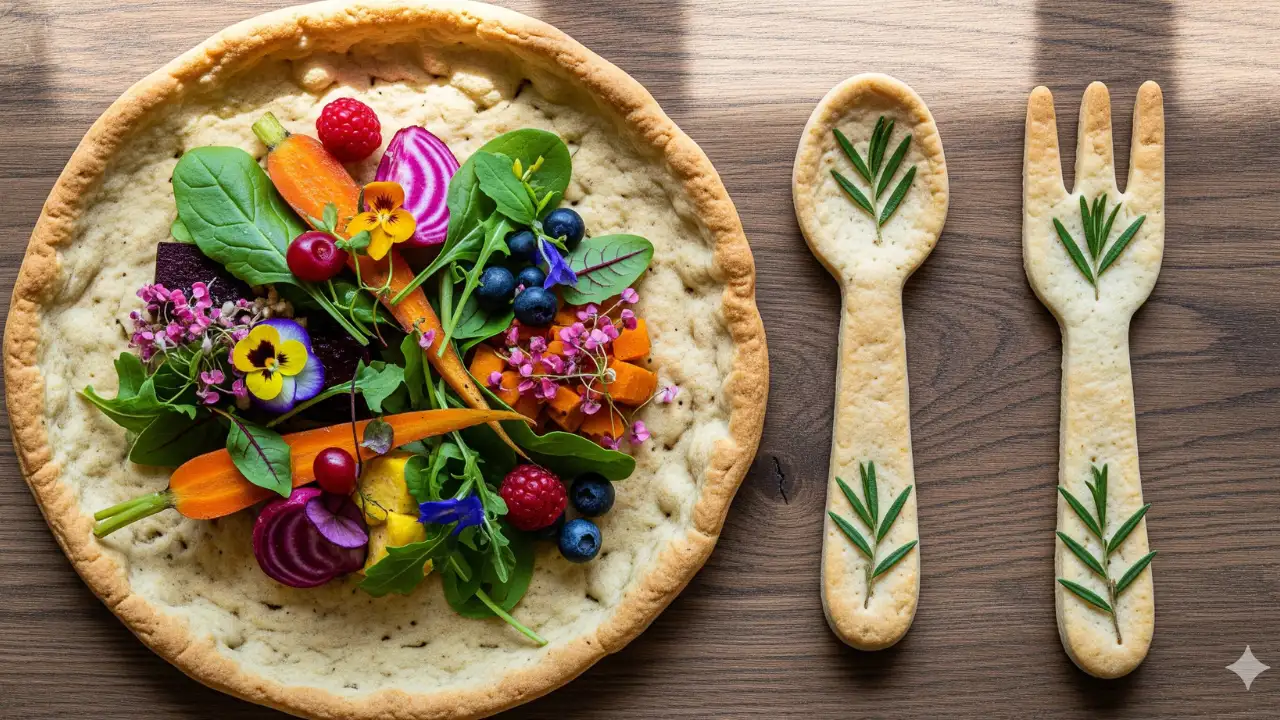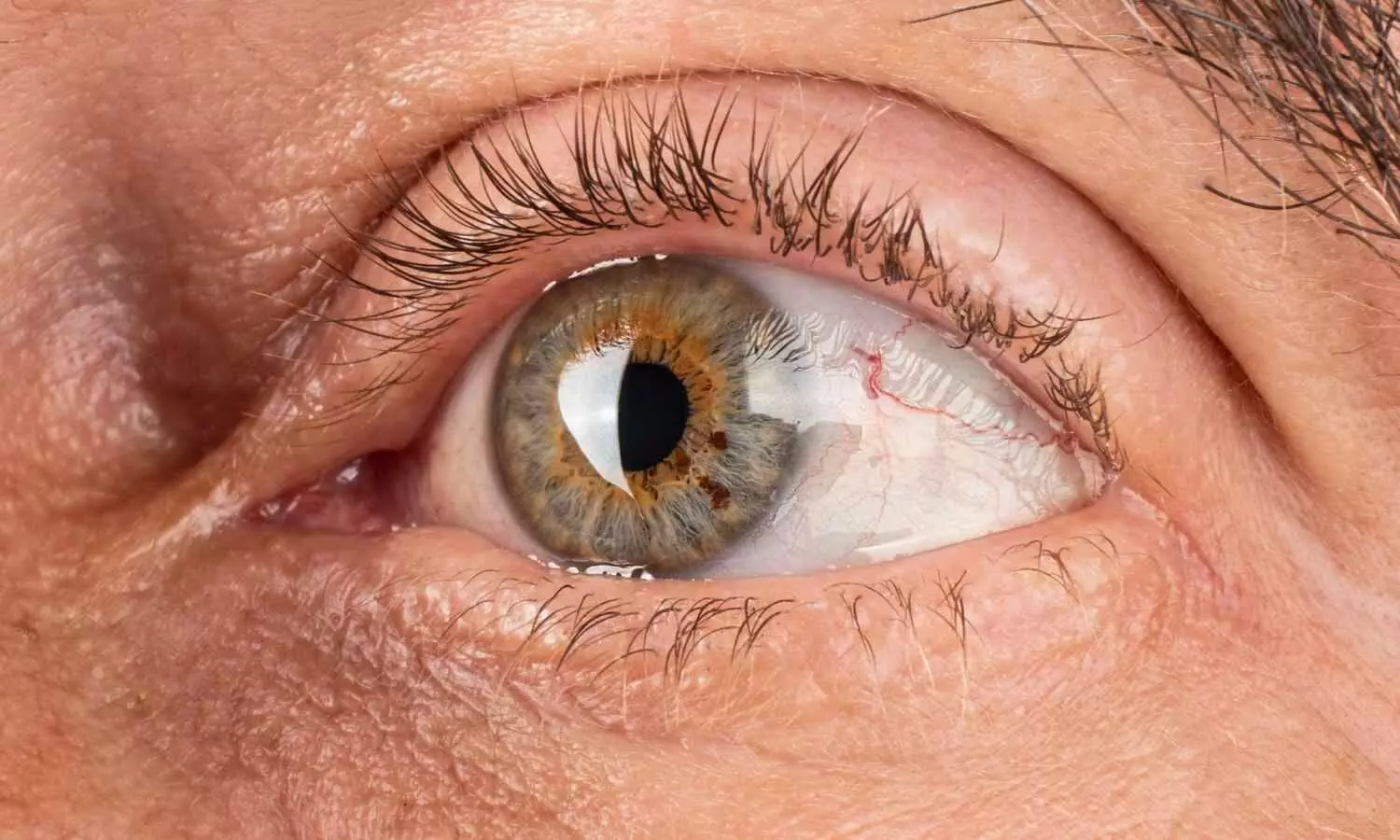By Amanda Stocks
Copyright mirror

Britain’s top ‘binfluencer family’ says their rigorous recycling routine has helped them beat the cost-of-living crisis by saving them thousands of pounds … and also protecting the environment . The zero-waste Lees family have been recycling their household rubbish since 2019, when mum Gemma, 42, became more aware of the damage being caused to the environment and decided to take action. Gemma, a Romani Gypsy , whose community pioneered the rag-and-bone recycling trade in the UK hundreds of years ago, says: “Not only are we helping save the environment, but we are helping save money too, it’s a win-win. We’ve saved thousands since we started recycling six years ago.” The family, led by zero-waste champion, Tommy, 13, from Bury in Greater Manchester , have been named ‘Britain’s top binfluencers’ by Biffa, the UK’s leading sustainable waste management company, to mark Recycle Week this week, which aims to educate the nation to be more environmentally conscious. Artist Gemma and her husband Chris, 44, set up three waste bins in every room for paper, non-recyclables, bottles and cans. In the kitchen, they have an extra one for flexible plastics. They are so savvy with their recycling that their general waste wheelie-bin can last up to 12 weeks without needing emptying. Even their Greyhound, Fetchy, is involved, as he eats the leftover fat from Chris’s fry-ups as a treat. Gemma says: “Because of my roots, we were always very eco-conscious. But things began to snowball in 2019. Climate change was in the media a lot more, so I started to think about what else we could do.” Gemma has been amazed by how much money she has saved in the last five years just by doing some simple swaps on everyday household and cosmetic products. She explains: “I’ve stopped using kitchen roll and replaced it with reusable kitchen roll that you wash and I’ve saved £1,389; I’ve swapped a disposable mop for washable mop pads and saved £1,106. “Instead of cling film I use stretchy covers and saved £432; kitchen foil has gone and instead I use washable silicone sheets saving £358; out are food bags and in are reusable bags saving £432; instead of tumble dryer sheets i use wool dryer balls that have saved £306. “My eco savings in the bathroom include using washable make up remover pads instead of wet wipes (£409) and using a safety razor instead of a disposable razor (£638). These are just a few examples and it all adds up.” Gemma uses Miniml – a refill products business – for most of their cleaning needs, which saves money. She says: “You refill the same bottle from a 5-litre bottle that you then return and they sterilise it. For toiletries, we use Miniml unwrapped soap bars or products in glass and metal. We also use biodegradable toothbrushes, tooth flossers, ear buds and have a bio bin upstairs.” Incredible savings include halving her bill for floor cleaner and she saving reckons hundreds of pounds a year by using two £3.69 stain remover bars annually to remove laundry stains, combined with eco hand wash in a refillable glass container and eco washing liquid for clothes. She says: “The eco washing liquid for clothes is £21.45 for 165 washes and the normal branded one is £10 for 50 washes, so that’s a saving of almost £10 per product. I always thought being kinder to the environment would cost more, but it costs less. All of the products I use also don’t harm the water course so it’s a no-brainer.” The family also buy reduced price food, being sold after its ‘best before’ date. “Best before dates lead to so much unnecessary food waste,” says Gemma. They buy the biggest loaves of bread and “massive bottles of cordial or tubs of yogurt” to get better value. “And we love shopping on Bury Market, as all the fruit and veg comes unpackaged,” says Gemma, who is also meticulous about recycling. “Only dog poo and the occasional wet wipes go in the general waste bin or tiny shards of soap,” she says. “I hate putting things in the general waste, so we can often go 12 weeks without having the general waste bin collected. “Anything that can’t be recycled from home we collect and take where we can, someone somewhere will recycle these items.” Rather than throwing things away, she takes flexi plastic and batteries to the supermarket, old clothes to H&M and Primark for recycling, electronics to Curry’s, medicine blister packs to Boots and old pens to Ryman. Lush will take cosmetic pots and Specsavers will accept old spectacles, which are donated to Third World countries. She says: “Anything usable gets donated to charity and any leftover craft supplies go to Tommy’s school.” Tommy says: “I’ve learnt about the importance of recycling from my parents and it’s fun to be able to recycle I like seeing the bins getting filled up and also knowing that we don’t waste anything – it’s so important for the future of our planet.” Gemma says: saving and recycling become addictive after a while. “Just have a wander around your house and have a look at all the things you use and think about one thing you can change, that’s when we can all make a difference,” she advises. Georgia Gibson, Biffa’s Social Value Manager in Manchester, said: “It’s wonderful to see Tommy and his family inspiring people to waste less and recycle more.” 1. Don’t put batteries in the general waste or recycling at home. Take them to special battery recycling points found in many shops and supermarkets . 2. Recycle your bathroom waste, including toothpaste tubes, cardboard toilet roll tubes and shampoo bottles. 3. To avoid contamination, make sure your recycling is clean, loose and dry. 4. When shopping, choose simple packaging that’s easy to recycle, such as cardboard, metal, glass or plastic. 5. For anything that can’t be recycled at home, many stores offer a take back service for things like pens, medicine blister packs, spectacles and cosmetic pots. To see how Biffa is helping communities reduce, reuse and recycle more, visit Meet the Wasteaters: Seen throughout the UK – Biffa



